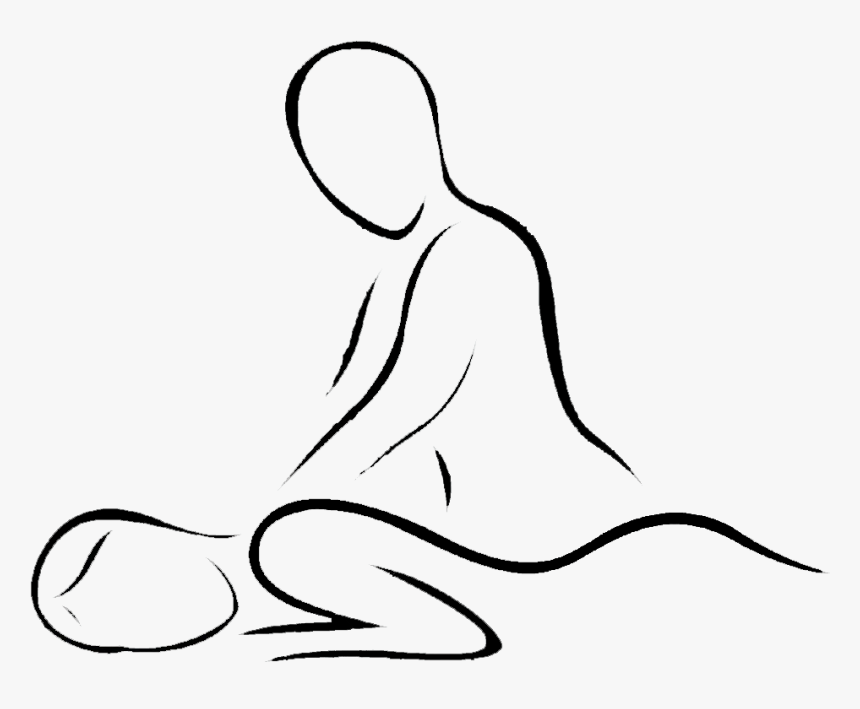
As a health care practioner, it is very important for you to be able to critically evaluate health information sources.
The following guide from the National Center for Complementary and Alternative Medicine has some great tips on how to evaluate medical information from the Web.
This purpose of this guide is to help you locate quality resources on massage therapy and health science.

Book Resources: start here to locate general information about your medical condition such as definitions, diagnostic procedures, symptoms, preventative ADLs, etc.
Over 3 million articles from dictionaries, bilingual dictionaries, thesauri, encyclopedias, quotation sources and atlases. Articles are often very short. “Mind Maps” help with topic exploration. Includes video content.
A vast collection of online books covering a wide range of topics including children’s and adult fiction, non-fiction, biographies, business, computer science, cooking, crafts, education, engineering, humor, law, literature and criticism, law, mathematics, philosophy, psychology, religion, science, self-help, social sciences, sports and games, study aids, language learning, travel, true crime. Citations provided.
Formally called "Gale Virtual Reference Library." Ebooks, subject-specific encyclopedias, biographies, and contemporary topics organized into a variety of subjects including business, education, environment, medicine, mythology, science, and technology. Easy to search. Citations provided.
Reference eBooks covering topics in literature, history, science and health, biographies, careers. Several subject-specific encyclopedias included. Citations provided.
General Databases for Articles: use these resources to locate research articles about your medical condition
Peer-reviewed scholarly journals and magazines related to science, social sciences and humanities. Easy search tools help you find images, videos, news, and books too! Audio files often included. APA and MLA citations provided.
Full-text magazines, journals, and other resources most of which are peer-reviewed. Wide range of subjects. A great place to start most research projects. Images and videos accompany most topics. Citations provided.
Full-text magazines, reference books and primary source documents including video, photos, maps and flags. Some trade publications for workers in various professions. Citations provided.
Specialized Databases for Health Resources: use these resources to locate research articles about your medical condition (information on appropriateness of massage and holistic treatments)
Contains peer-reviewed journals on nursing and health topics along with practical nursing care advice from professional magazines and evidence-based care sheets. Articles in CINAHL can sometimes be easier to read than those found in PubMed.
Formerly called Health Reference Center Academic. Medical and professional journals, health and fitness magazines and reference books. Handy “related resources” links to help expand your research. Citations provided.
Serious science. Peer-reviewed journal articles, book chapters, and open access content covering scientific, technical, and medical research. Psychology journals included.
You can search across all library databases using the OneSearch Tool
Below are some quality web sites that can help you find information on your topic:
Use Google to search for educational, government and organizational websites.
To construct a site search in Google use the following formats:
site:.edu = educational sites
site:.gov = government sites
site:.org = organizational sites
For example:
site:.edu water and pollution
site:.gov uranium mining and Navajo
site:.org macrobiotic diet and sustainable agriculture